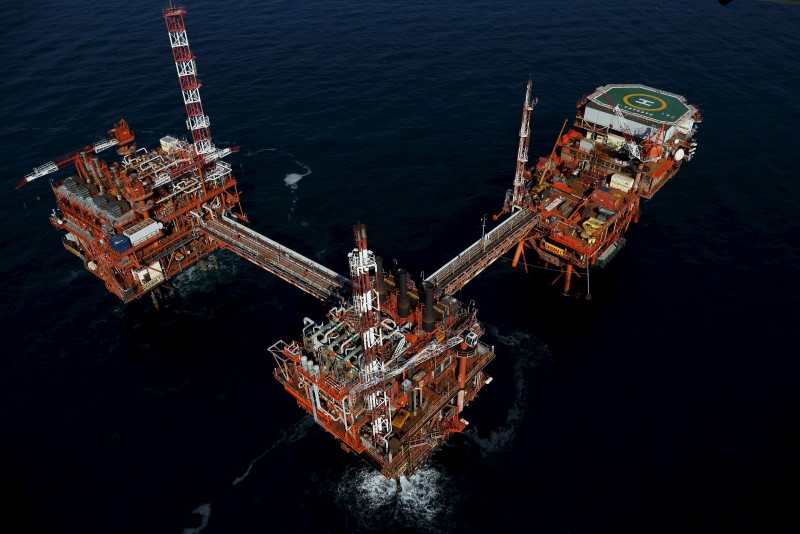By Geoffrey Smith
Investing.com -- Crude oil prices drifted lower on Wednesday as fears of a hit to demand from a fresh wave of the coronavirus kept a lid on optimism.
By 9:15 AM ET (1315 GMT), U.S. crude oil futures were down 1.5% at $39.77 a barrel, having spent most of the session overnight below the $40 a barrel mark. The global benchmark Brent futures contract fell 1.6% to $41.93 a barrel.
The trajectory for global demand is still overshadowed by the rapid spread of the coronavirus in much of the U.S., including Texas, California and Florida, a development that, if unchecked, threatens to derail a nascent recovery in the U.S. economy in recent weeks.
Broader fears over the demand outlook were also raised indirectly by the International Monetary Fund, which slashed its forecasts for global economic growth in the latest update of its World Economic Outlook. The IMF now expects the world economy to shrink by 4.9% this year, rather than the 3.0% it expected back in April.
Prices have been under pressure since the American Petroleum Institute reported on Tuesday that U.S. crude stocks rose by 1.7 million barrels in the past week. The official government numbers, expected to show a rise of only 300,000 barrels, are due out at 10:30 AM ET (1430 GMT).
It’s now the demand side that is the more important variable as regards the question of when the market will return to balance. Reuters quoted Marco Dunand, chief executive of energy trader Mercuria, as saying that he currently sees a surplus of around 800,000 barrels a day, but expects that to vanish in July, swinging to a daily draw of 2 million barrels a day on world stocks from July.
Dunand also said he expects to see a price floor at around $40 a barrel in 2021.
With the OPEC+ having committed – at least in principle – to a fixed course on supply for the next few weeks, the other big variable remains any possible recovery in the U.S. shale sector. That seems unlikely in the near term, given the reluctance of lenders and capital markets to finance an industry that can barely make a profit at current levels.
In a study released on Tuesday, Deloitte calculated that the industry has registered net negative free cash flows of $300 billion, impaired more than $450 billion of invested capital, and seen more than 190 bankruptcies since 2010.
